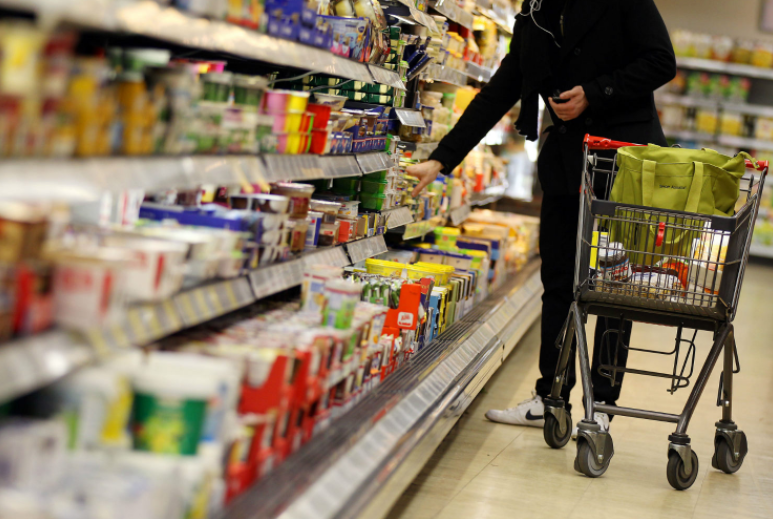UK consumers pay twice the price for food due to hidden costs
The Sustainable Food Trust has published a new report, which finds that when UK consumers spend £1 on food, they bear the burden of another £1 in hidden costs, including environmental degradation and biodiversity loss.

The Sustainable Food Trust has published a new report, which finds that when UK consumers spend £1 on food, they bear the burden of another £1 in hidden costs, including environmental degradation and biodiversity loss.
The “Hidden Cost of UK Food” report found that in addition to the £120 billion that UK consumers spend annually on food, the UK food system generates further costs of £120 billion which is not paid by the food business, or included within the retail price of food.
Many food businesses aim to minimise their business costs by passing the burden of environmentally damaging practices to society in hidden ways, meaning that UK consumers effectively pay for their food twice.
The majority of the extra £120 billion in hidden costs are made up by the negative impacts of intensive production methods, including environmental pollution, soil degradation, biodiversity loss and health impacts.
More specifically, natural capital degradation costs more than £30 billion, including approximately £14 billion from greenhouse gas emissions (GHG) and air pollution, £12 billion in food waste, soil degradation, and water costs.
Biodiversity loss costs UK society £12.75 billion; health costs related to food production account for an extra £16.08 billion, and health impacts related to food consumption account for £44.91 billion.
In other words, for every £1 pound spent on food consumers will indirectly pay another 50p for environmental costs, another 37p for healthcare costs. By contrast, regulatory and research costs will only account for another 2.7p.
The report argues that the failure of the UK food economy to internalise these costs has given rise to perverse incentives, where it is more profitable to produce and distribute food in damaging ways than in ways which deliver environmental and public health benefits.
Jules Pretty, Professor of Environment and Society at the University of Essex, who attended the presentation ceremony of the report last week, said: “The report shows that current UK agrosystems still produce considerable environmental externalities. They impose costs on others”.
He added: “At the core of the report’s suggestions is that the redesign of our agricultural and food systems could be a game changer, setting agriculture on a journey towards sustainability, but with a clearer sense of multiple food and environmental targets and much wider social benefits”.
One of the proposed recommendations of the report is that public subsidies should be redirected in a way that they discourage environmentally damaging practices and that new taxes should be added to the most damaging agricultural inputs.
Duncan Pollard from Nestlé said: “There is growing awareness within the food sector of the need to source foods produced in ways which care for soils and protect environmental and human health”.
He added: “The introduction of true cost accounting into agricultural policy could help food businesses to make sound decisions about how to assess and manage the impacts of their operations, and help to incentivise investment in agricultural commodities produced in environmentally sustainable ways”.
You can access the Executive Summary of the report here.
You can access the full “Hidden Cost of UK Food” here.




